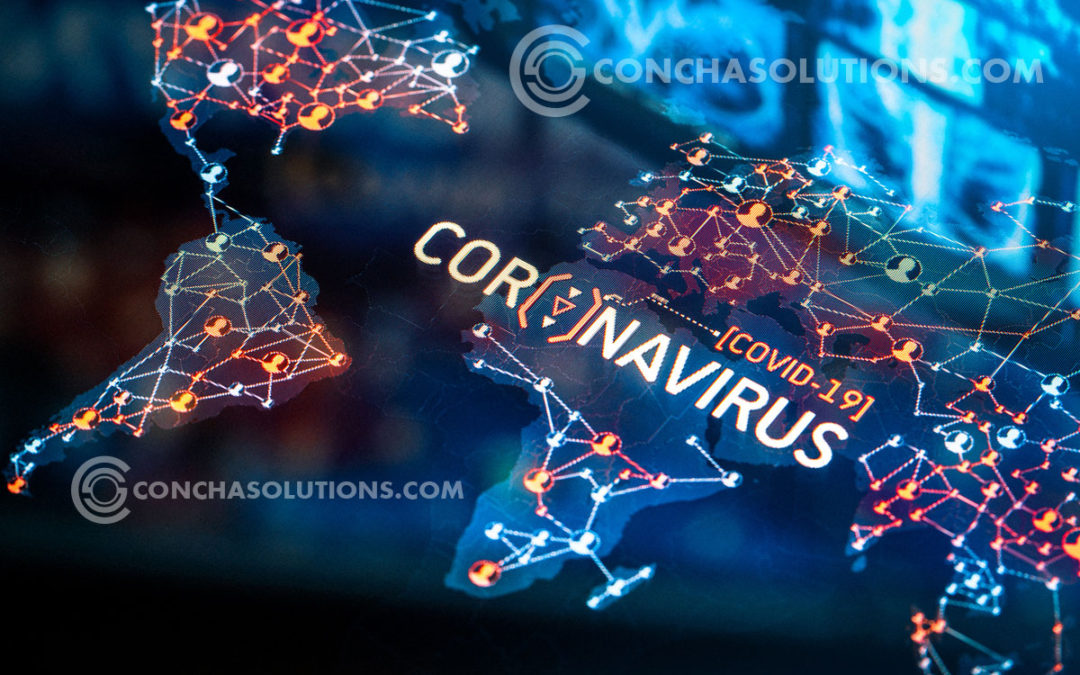There are a number of factors to consider when determining the need to postpone or cancel a large gathering. These include:
- The overall number of attendees. Larger gatherings (for example, more than 250 people) offer more opportunities for person-to-person contact and therefore pose greater risk of COVID-19 transmission.
- The number of people attending who are at greater risk of more serious illness after contracting COVID-19. Older adults and persons with severe pre-existing health conditions are thought to be at increased risk.
- The density of attendees within a confined area. Based on what is currently known about the virus, spread from person-to-person happens most frequently among close contacts (within 6 feet).
- The potential economic impact to participants, attendees, staff, and the larger community.
- The level of transmission in your local community and the level of transmission in the areas from which your attendees will travel. To better understand the level of community transmission in your community (and in the communities from which your attendees will be traveling), consult with your local and/or state public health department.
- If there are ways in which to significantly reduce the number of attendees. For example, for sporting events or school concerts, organizers could consider holding the event but significantly reduce the number of audience members.

At a minimal-to-moderate level of community transmission, it is recommended to:
- Cancel community-wide mass gatherings (for example, more than 250 people; the cutoff threshold is at the discretion of community leadership based on the current circumstances the community is facing and the nature of the event) or move to smaller groupings.
- Cancel gatherings of more than 10 people for organizations that serve higher-risk populations.
At a substantial level of community transmission, it is recommended to cancel mass gatherings of any size.

Book a Family Photo Session Today
Includes:
⏱ 1 hour Outdoor or Indoors
? All the photos ready to download
? online gallery easy to share with friends
- ?PLUS:
Print your photos in any material and any size
Create customized mugs, puzzles, cellphone cases, wall art, and more...
Delivery to any location in the US

Contact Us Now


Recent Comments